Cathy Hughes, one of most powerful women in broadcasting, among Nebraska’s influential women
Throughout Nebraska’s history, women have forged its course, shaped its identity and recorded its stories. The women who have inspired and led, fought and transformed have come from every corner of the state, and they represent the vastness of Nebraska. Its sprawling geography — from the sparse, open Plains to the undulating Sandhills and bustling cities. Its diversity — from the early pioneers who brought their varied European cultures and languages to the immigrant stockyard workers and African Americans who moved north and settled along the Missouri River.
This August marks the100th anniversary of the ratification of the 19th Amendment, which legally gave women the right to vote in the United States. In commemoration of its historic passage, the USA TODAY Network is naming 10 American women from all 50 states and the District of Columbia as "Women of the Century." These women have made significant contributions in areas such as arts and literature, business, civil rights, education, entertainment, law, media, nonprofits and philanthropy, politics, science and medicine and sports. Nebraska has its share of remarkable nominees.
Our list, assembled after a public nomination process and consultation with a panel of experts, could not include all the women who have shaped Nebraska.
Are you registered to vote? Take the first step to making sure your vote counts.
A few that were considered: Mabel Criss, who was the organizing force behind her husband’s success as the founder of Mutual of Omaha and helped transform a flailing company into a worldwide corporation and one of the largest providers of insurance in the world; Ree Kaneko, an artist who helped bring international renown to Omaha as a cultural center of visual arts; Louise Pound and Connie Claussen, who both changed the way we view women’s sports in Nebraska; and Jacqueline St. John, who taught one of the country’s first university courses on women’s history.
We could not include all of these women, but the 10 who made it to the final list represent bravery, compassion and fortitude that their legacies and ongoing contributions continue to impact Nebraska and the nation.
Who is your Woman of the Century? Did we miss a woman you think should be on our list? We’d like to hear from you.
Willa Cather
Poet, novelist and journalist
(1873-1947)
Willa Cather was a poet, novelist and journalist who is increasingly considered a canonical American author, a peer of Hemingway, Fitzgerald and Faulkner. She captured the pioneer experience on the Great Plains, in works such as "O Pioneers!" and "My Antonia," and redefined the American West. Rejecting the popular, lone male cowboy mythology, Cather wrote of the strong women who formed the foundation of the pioneer home and a world infused with the myriad cultures and languages of European immigrants.
Born in Back Creek Valley, Virginia, Cather moved with her family to rural Webster County, Nebraska, when she was 9 years old. The starkness of her new environment made a profound impression, and Cather spent much of her literary career capturing the harshness and beauty of the Nebraska prairie.
Cather began her career as a journalist and later became an editor, working her way up to managing editor of McClure’s magazine, an influential publication that featured the country’s most prominent writers, in New York. She authored 12 novels, a book of poetry and a vast collection of journalism, speeches and letters. Cather’s work "One of Ours" (1922) received the Pulitzer Prize for fiction.
Cather lived with her companion, Edith Lewis, until she died.
Rose Blumkin
Successful businesswomen
(1893-1998)
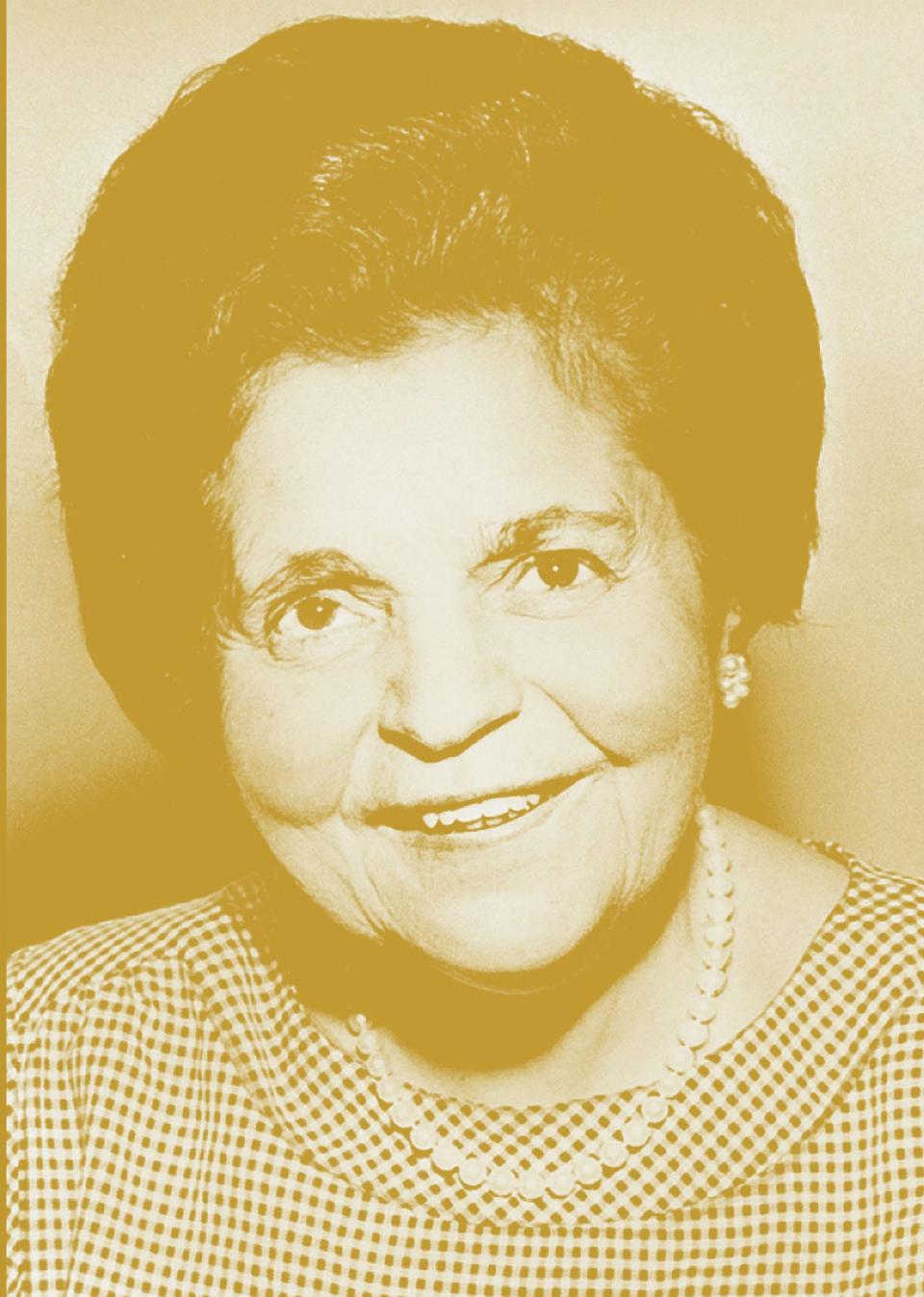
Rose Blumkin was born in a small Russian village to an impoverished family. But by the end of her life, at age 104, she was one of the most successful businesswomen in America.
Born to a rabbi and the owner of a small grocery store, Blumkin never went to school, but worked from age 6. At 13, she left home to find work, and by 16, she was supervising six men at a dry goods store.
In 1917, Blumkin immigrated to America, ultimately settling with her husband in Omaha, Nebraska. Unable to speak English, Blumkin borrowed $500 from her brother to open a furniture store in 1937. Her plan: Undersell the “big shots” and charge customers just 10 percent over cost.
As the store grew, 4 foot 10 inch Blumkin became affectionately known to her customers as "Mrs. B" and for her credo: “Sell cheap and tell the truth.” She worked 70 hour weeks and could often be seen zipping around the sprawling mega mart on a scooter.
At 89, Blumkin sold her store to billionaire investor Warren Buffett for $55 million on a handshake.
“Put her up against the top graduates of the top business schools or chief executives of the Fortune 500,” Buffet said. “She’d run rings around them.”
Mildred Brown
Founder of the Omaha Star newspaper
(1915-1989)
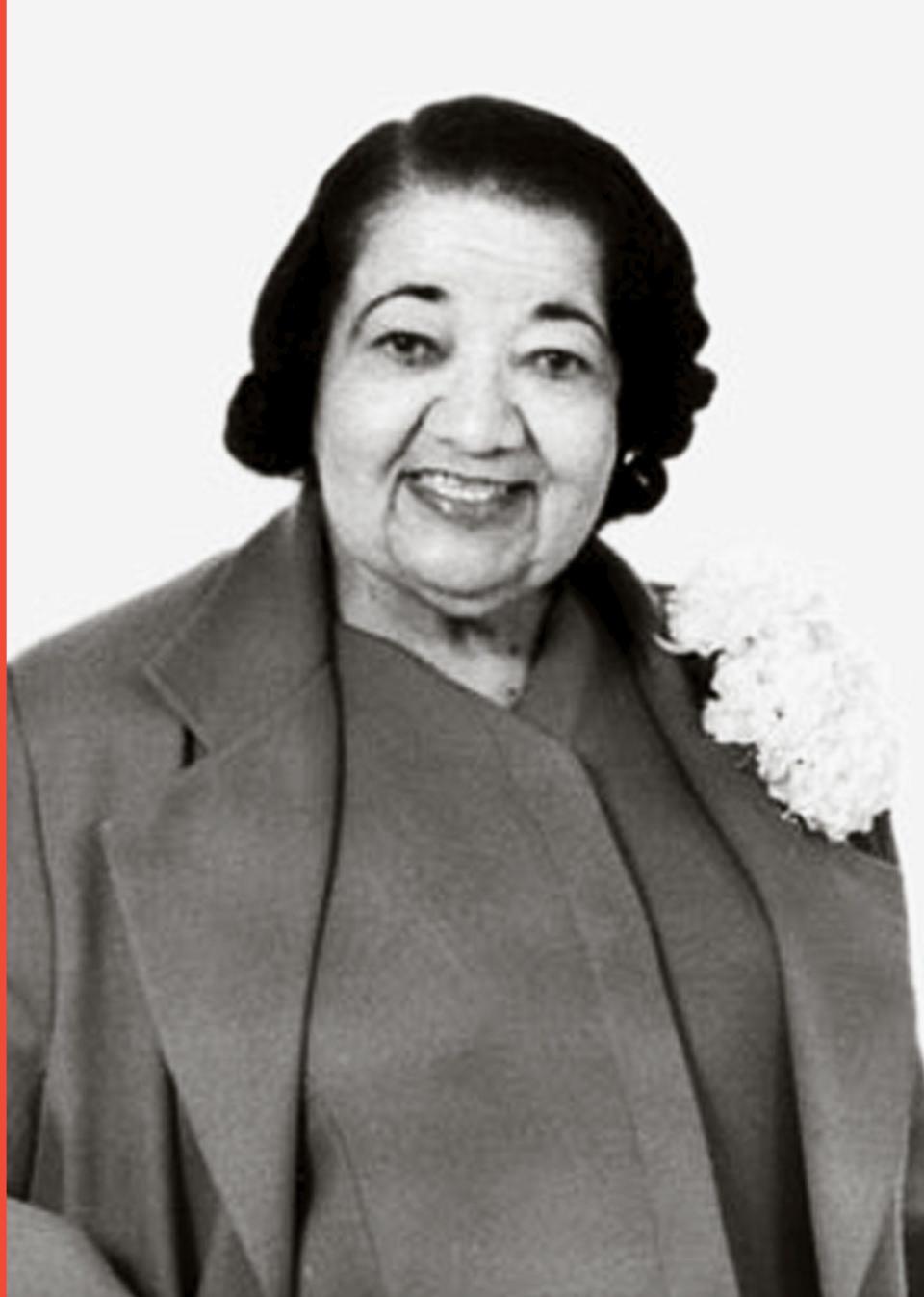
Mildred Brown founded the Omaha Star, the nation’s longest-running, Black-woman-owned newspaper. Committed to showcasing positive news that instilled pride in her community, the Star’s motto guides the paper today: “Dedicated to the service of the people that no good cause shall lack a champion, and that evil shall not thrive unopposed.” Its first issue was July 9, 1938.
Brown was a master of sales and once said: “The main ingredient for making a good newspaper is knowing how to sell advertising and yourself.” She traveled extensively, networking with politicians and presidents as an advocate of her community and champion of civil rights. President Lyndon Johnson appointed Brown a goodwill ambassador to East Germany in the 1960s.
A mentor to many, Brown gave numerous young people their first jobs and provided several scholarships. She guided the DePorres Club, a student group fighting racial discrimination in Omaha. Through the Star, Brown called out businesses that discriminated and encouraged readers to boycott them. Many businesses changed their practices as a result.
“I’ve been up against some stiff obstacles and I have no fear,” she told a reporter. “This paper broke down discrimination in this town . . . they called us troublemakers, nothing but troublemakers. I just sold ads like mad.”
Grace Abbott
Fought for rights of immigrants and children
(1878-1939)
Grace Abbott was a social worker who spent her life fighting for the rights of immigrants and the well-being of children.
Born in Grand Island, Nebraska, Abbott began her career as a teacher but moved to Chicago to pursue a graduate degree in law. There, her interest in social work grew, and she became a resident at Jane Addams’ Hull House, a renowned safe haven for the poor and marginalized. In 1908, Abbott became director of the Immigrants’ Protective League, where she helped protect immigrants from exploitation and encouraged the education of immigrant children.
In 1917, Abbott moved to Washington, D.C., to direct the Industrial Division of the Children’s Bureau of the U.S. Department of Labor, where she was instrumental in enforcing federal child labor laws. In 1921, Abbott was appointed chief of the Children’s Bureau and continued to fight for the social welfare of children. Abbott later served on President Franklin Roosevelt’s council on economic security, where she helped draft the Social Security Act.
President Roosevelt said Abbott’s career was one of “inestimable value,” and first lady Eleanor Roosevelt called her “one of the great women of our day.”
The University of Nebraska at Omaha’s Grace Abbott School of Social Work is named in her honor.
Ella Ochoa
Advocate for farmworkers nationwide
(1945- )
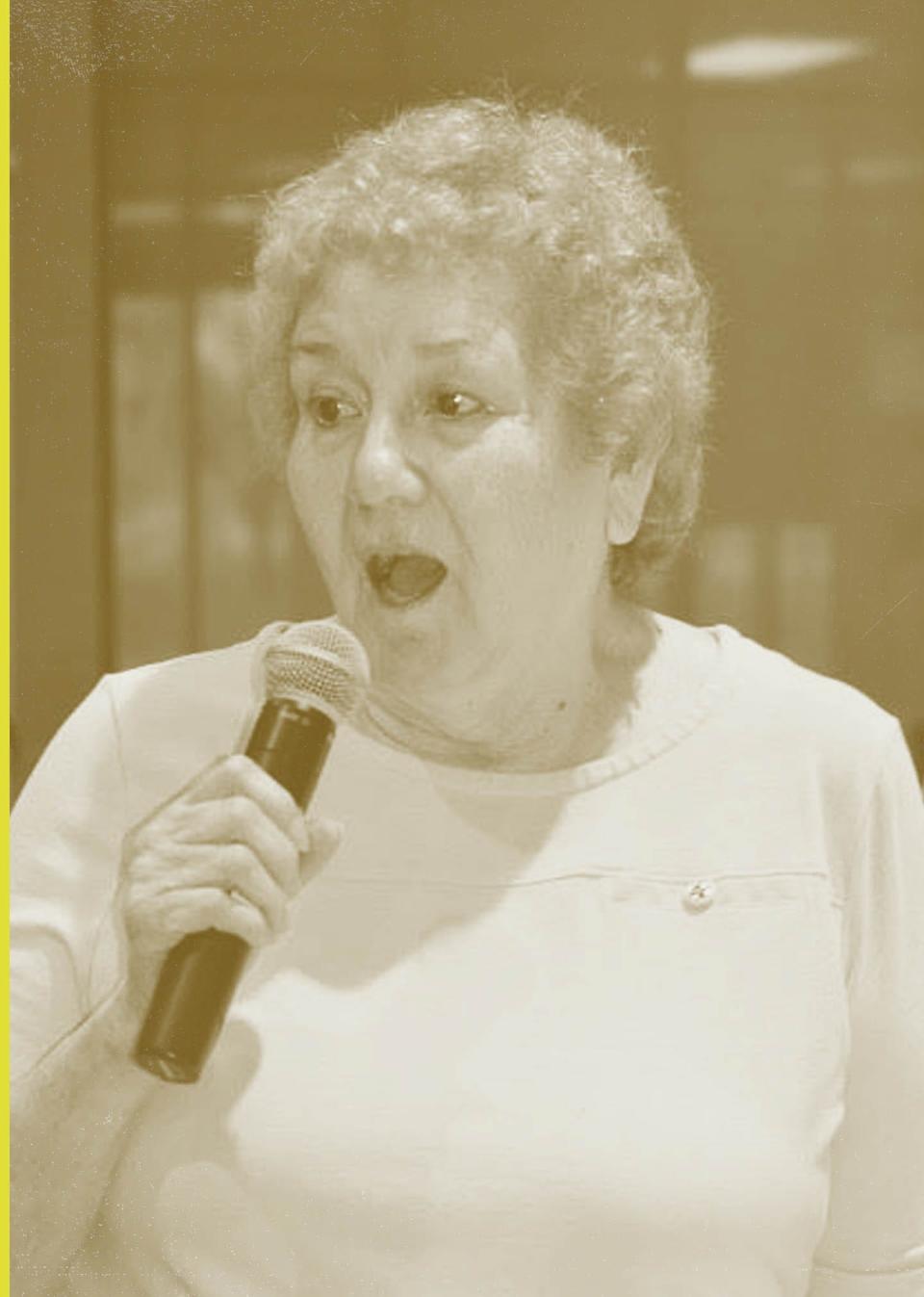
Ella Ochoa grew up working in the fields of south Texas. From age 4, she helped her migrant worker parents pick crops for long hours each day. But an opportunity to earn her GED changed the trajectory of her life. She went on to earn multiple degrees and advocate for farmworkers nationwide.
For 30 years, Ochoa helped young farmworkers access opportunities beyond the field. In 1979, she co-founded the Nebraska Association of Farmworkers and became its executive director. The organization advocated for the well-being of seasonal farmworkers, minorities and other disadvantaged persons.
“Education is the key for the people we work with,” she said. “We help them get their GEDs, and show them there is something more out there.”
In 1997, Ochoa was awarded the Othli Award, the Mexican government’s highest honor for a civilian living outside Mexico. She was also named “Woman of Distinction” by the Nebraska Commission on the Status of Women in 2001 and received a “Lifetime Achievement Award” from MAFO, a national partnership of farmworker and rural organizations, in 2006. During Bill Clinton’s presidency, Ochoa was invited as a member of the delegation to Bolivia.
In 2000, Ochoa was diagnosed with multiple sclerosis and expanded her advocacy to include rights for the disabled.
Carolyn Fiscus
Tribal elder, spiritual leader and educator
(1948- )
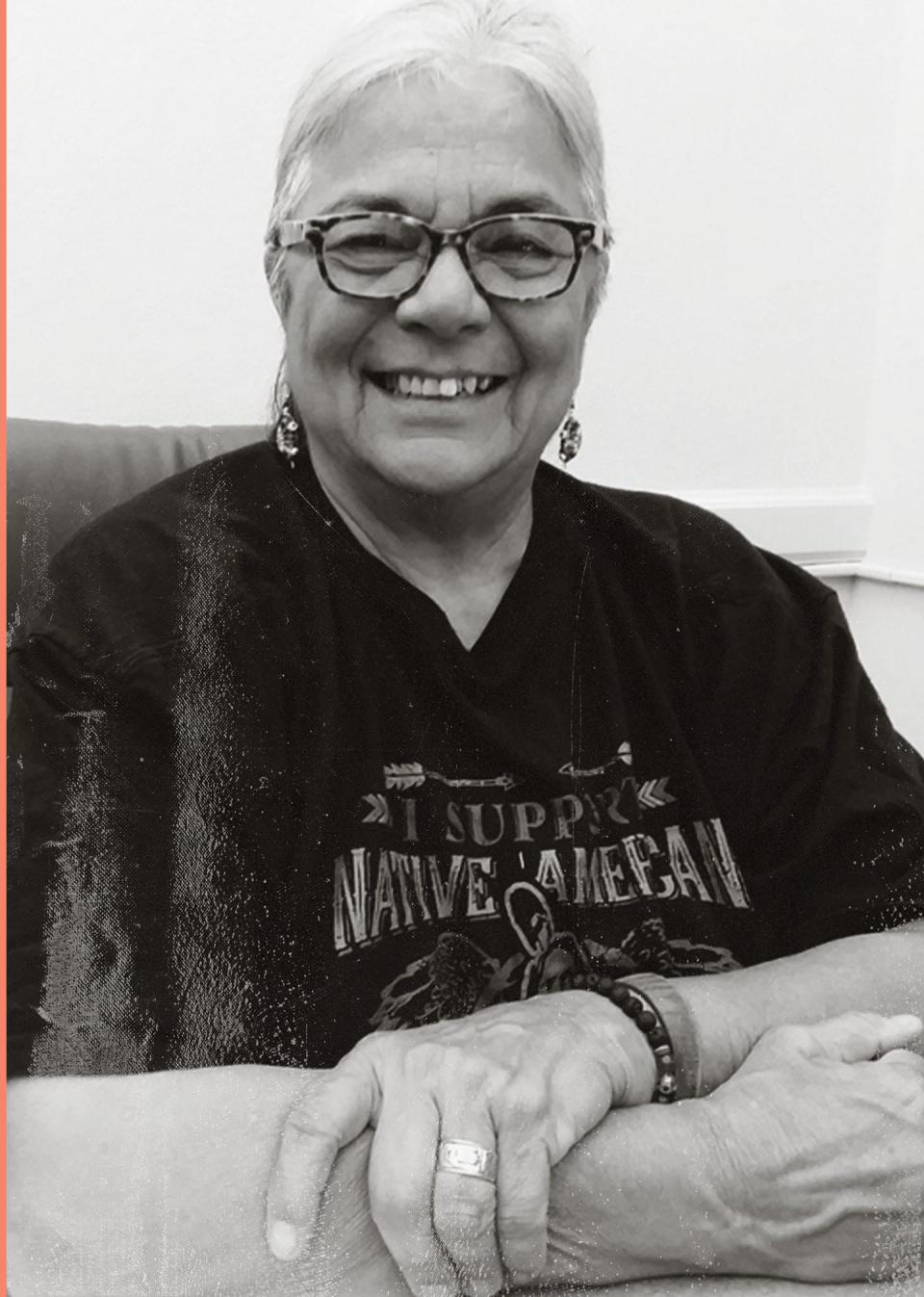
Carolyn Fiscus is a Ho-Chunk (Winnebago) tribal elder, spiritual leader and educator. She is an advocate of teaching Native languages and traditional Native oratory and debate and is considered the matriarch of the Native American Studies Program at the University of Nebraska at Omaha (UNO).
Born in Whiting, Iowa, Fiscus earned a scholarship to attend South Dakota State University. After graduating, Fiscus stayed at the university to become a teacher and coach. She later served as K-12 principal with the Umo’’ho’’ Nation and then as principal and science teacher with the Santee Sioux Nation in Nebraska.
Fiscus went on to teach indigenous studies at Arizona State University and Colorado State University. In 1999, she began teaching at UNO where, as director of Native American Studies, she implemented a program to connect Native American high school students in Nebraska with the university. She later served as Director of Ho-Chunk Studies and Native Studies at Little Priest Tribal College on the Winnebago Reservation in Nebraska and currently teaches part-time at UNO.
Fiscus is a leader in the LGBTQ community and has been outspoken about her identity as a gay indigenous woman. In 2019, Fiscus was honored with the national Elder of the Year award from the National Indian Education Association.
Virginia Dodd Smith
First woman elected to Congress from Nebraska
(1911-2006)
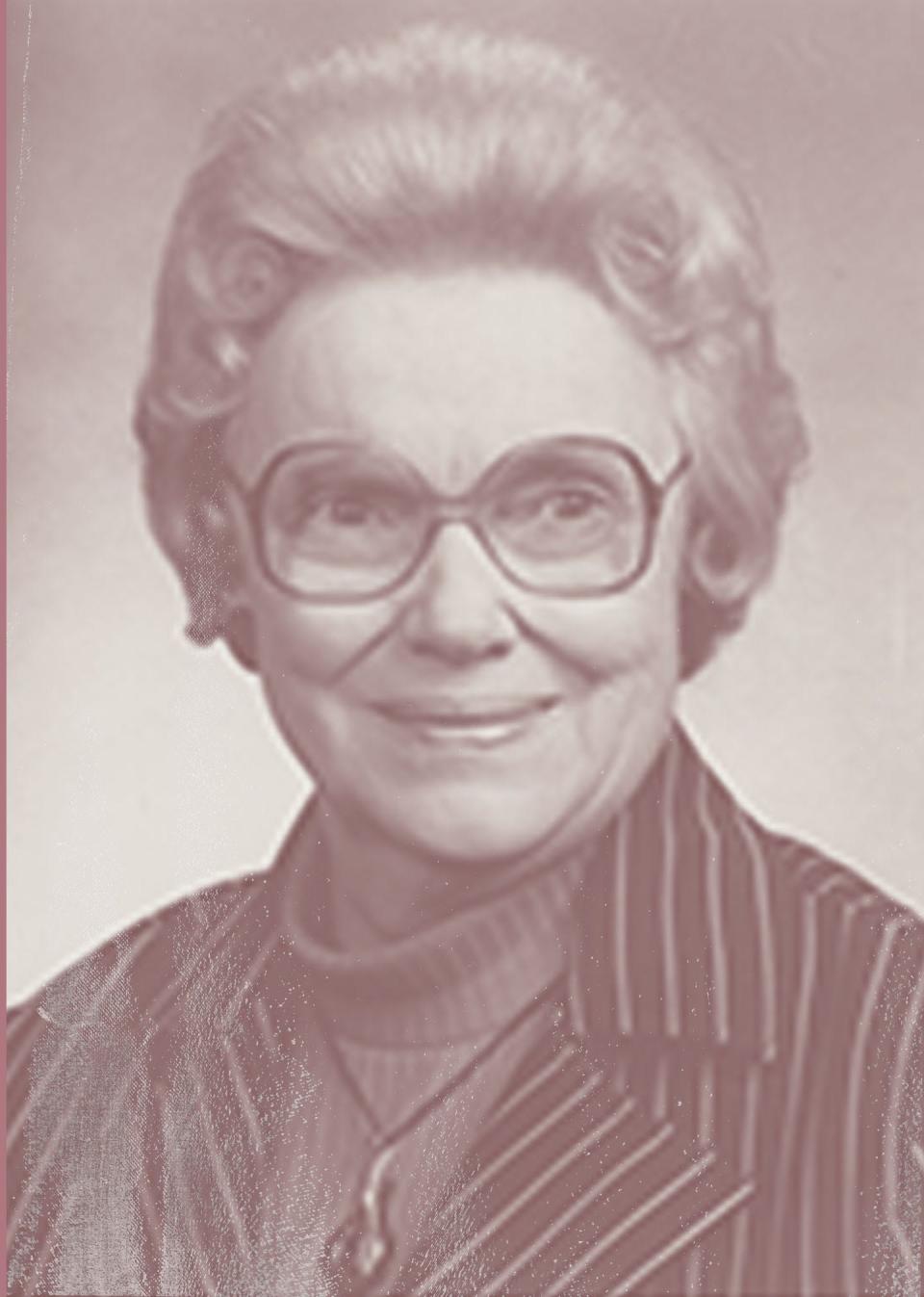
Virginia Dodd Smith was the first woman elected to Congress from Nebraska. She became one of the state’s most popular politicians.
Born in Randolph, Iowa, Smith settled with her husband in Chappell, Nebraska, a small town nestled in cattle country near the Colorado border. She worked on her family’s wheat farm during the Great Depression and became involved in numerous farm organizations, spending 20 years on the board of the American Farm Bureau Federation and serving as national chair of the AFBF women’s bureau.
In 1974, Smith ran to represent Nebraska’s Third Congressional District, then the nation’s largest. She defeated eight candidates in the Republican primary and won the seat against a well-known Democrat who aided her bid by saying women were not cut out for politics. She won by 737 votes.
In her second term, Smith got a seat on the powerful Appropriations Committee, which she kept until her retirement in 1991. Smith prioritized agricultural matters during her career and fought to send federal funding to rural districts. Her constituents thanked her by reelecting her seven times by sweeping margins.
Mari Sandoz
Author chronicled the lives of pioneers and Native Americans on the Great Plains
(1896-1966)
One of the West’s foremost authors, Mari Sandoz chronicled the lives of pioneers and Native Americans on the Great Plains. Sandoz was ahead of her time in her realistic portrayal of the hardships of frontier life and the persecution of Native Americans. Her seminal biography, "Crazy Horse," provided an intimate and passionate depiction of the great Sioux warrior, a feat she achieved by camping near the reservations and interviewing dozens of his people in the 1930s.
Raised in the sparse Nebraska Sandhills, Sandoz spent her childhood working hard labor on the farm — she developed snow blindness in one eye after digging cattle out of a snowdrift — and helping her mother raise her five younger siblings.
An astute observer and meticulous researcher, Sandoz’s ability to remember the stories of the Plains people — traders, trappers, Homesteaders and Native Americans — led to her moniker, “Storycatcher of the Plains.” Sandoz is most remembered for her biographies, including "Old Jules," which chronicles her father’s life and harshly depicts the abuse of pioneer women. Sandoz’s "Horsecatcher" received the distinctive John Newbery award of honor in 1958. A bust of Sandoz stands in the Nebraska State Rotunda.
Sarah Joslyn
Philanthropist
(1851-1940)
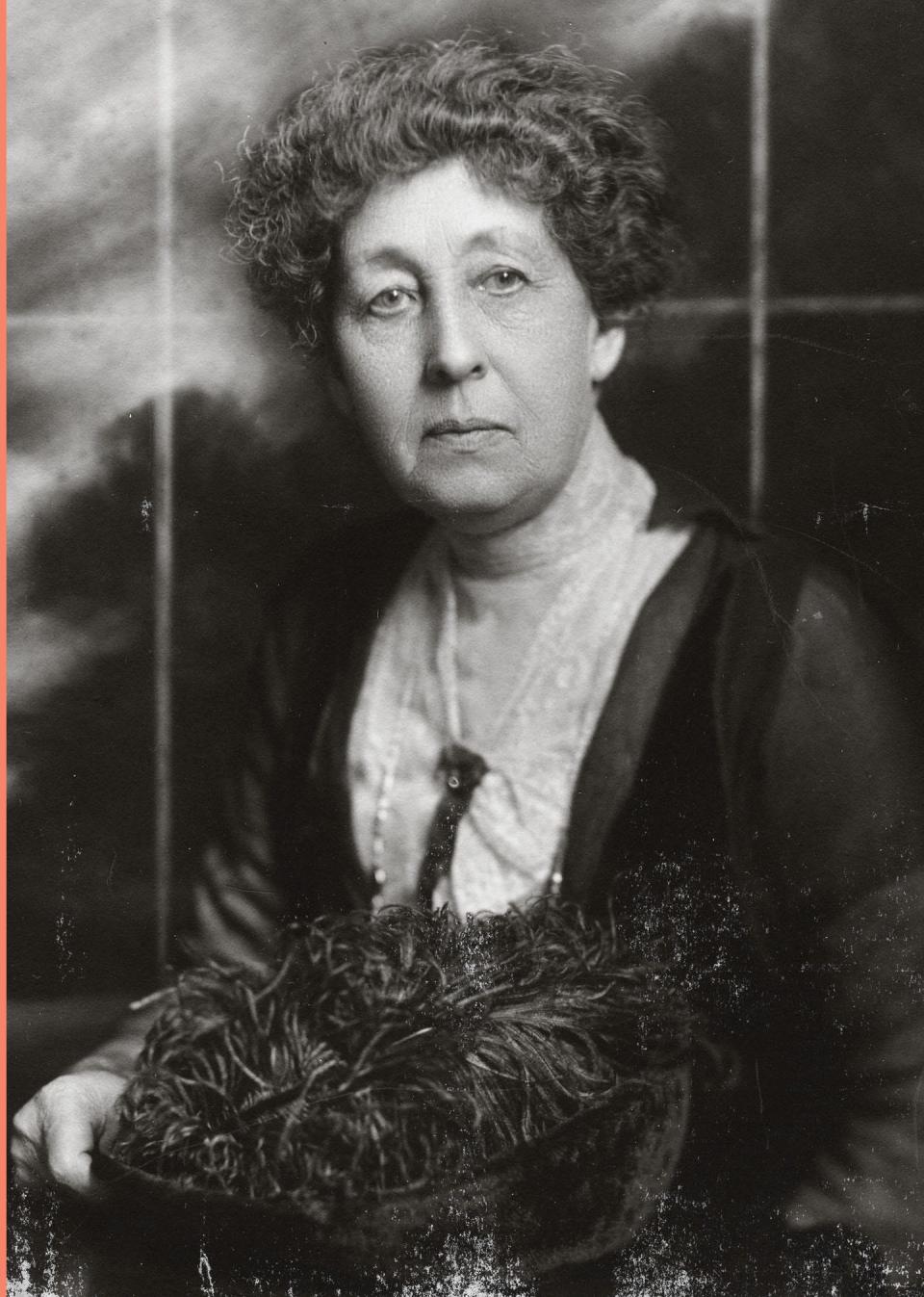
Sarah Joslyn was a philanthropist who, with her husband, George Joslyn, gave so generously to her adopted city that her influence can be felt behind nearly every cultural and civic institution in Omaha.
Joslyn became wealthy through her husband’s venture, the Western Newspaper Union. Driven by her belief that “the possession of great wealth is a great trust and obligation,” Joslyn formed the Board of Charities for the City of Omaha and gave enormously, often anonymously, with her time and resources to causes she cared about, including child welfare, education, veterans’ services and animal welfare.
Joslyn was an Omaha University trustee and a patron of the Piney Woods School in Braxton, Mississippi, which taught Black youth. She advocated for women’s suffrage, better conditions for prisoners and the mentally ill and treatment facilities for drug addicts.
Joslyn’s most prominent gift was a monument to her late husband. The Joslyn Art Museum opened in 1931 and was, at the time, the only art museum in Nebraska. The museum charged no entrance fee (a tradition that continues today), as Joslyn believed it should be accessible to all. She saw it as a gift to the city and said, “If there is any good in it, let it go on and on.”
Cathy Hughes
One of the most powerful women in broadcasting
(1947- )
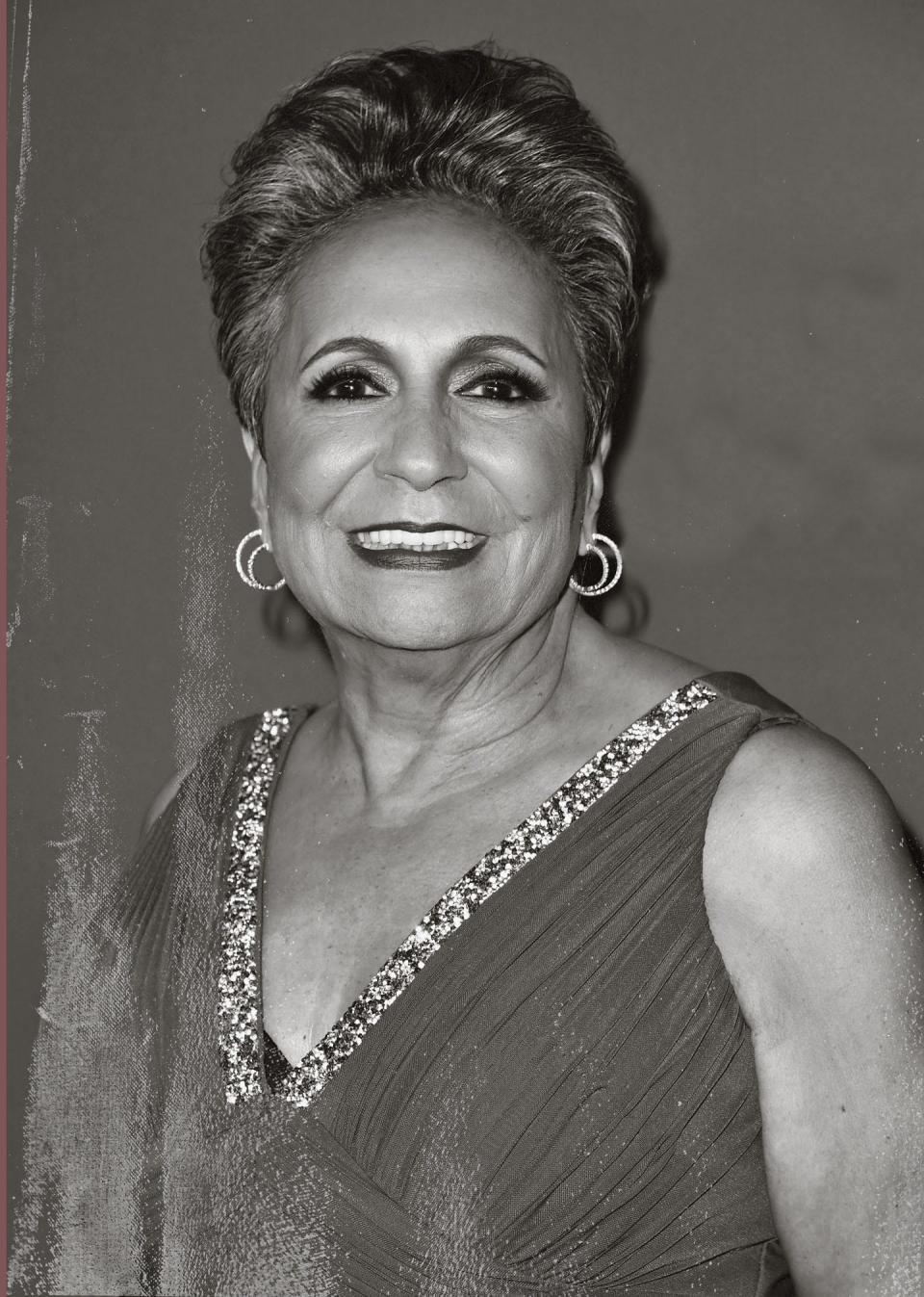
From a housing project in Omaha, Nebraska, Cathy Hughes rose to become among the wealthiest African American woman in America and one of the most powerful women in broadcasting.
Hughes began working in media as a teenager, selling classified ads for the Omaha Star. In the 1970s, she moved to Washington, D.C., for a position at Howard University and was soon named general manager of the university’s radio station, WHUR-FM. There, she pioneered the Quiet Storm radio format, which aired on 480 stations and revolutionized urban radio.
In 1979, Hughes bought her own radio station after securing financing from the 33rd bank she approached. Struggling financially in the early years, Hughes slept on the floor at work with her son. But over the next two decades, the station grew into the largest Black entertainment company in the nation, Radio One. In 1999, Hughes became the first African American woman to lead a publicly traded company.
Hughes was inducted into the Advertising Hall of Fame in 2015 — the first Black woman to do so — and the National Association of Broadcasters’ Hall of Fame in 2019. Howard University’s School of Communications is named in her honor.
More coverage
Women of the Century: They didn’t succeed despite adversity, but often because of it
50 states: Learn about notable women from every state
Who is your Woman of the Century?: Let us know
Recognizing women past and present: See all of our coverage
Sources used in the Women of the Century list project include newspaper articles, state archives, historical websites, encyclopedias and other resources.
This article originally appeared on USA TODAY: Women of the Century Nebraska: List includes journalists and advocates

